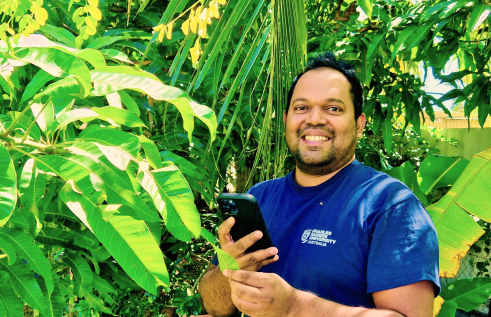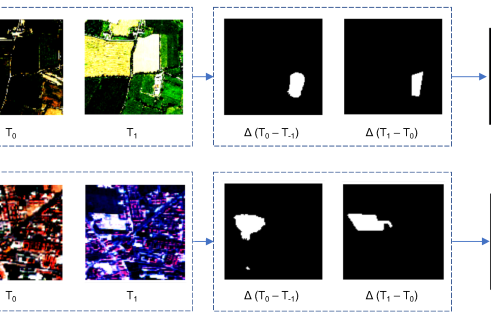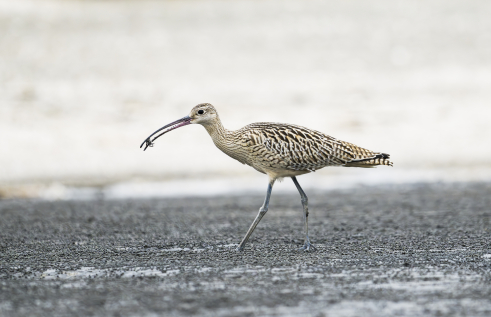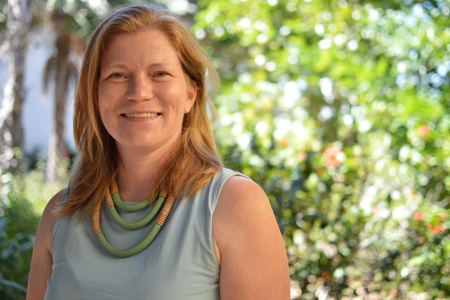News article
Malaria researcher awarded $1.25m national fellowship
Menzies School of Health (Menzies) researcher Dr Kamala Thriemer has been awarded a prestigious $1.25 million CSL Centenary Fellowship to develop and optimise treatment programs against vivax malaria in South-east Asia and the Horn of Africa.
Vivax malaria is the second largest cause of malaria deaths and is difficult to treat as the parasite can hide in the liver and re-emerge months later. Studies have shown that as few as one in 10 patients successfully complete the long course of treatment.
The Plasmodium vivax strain of malaria represents a challenging foe and is responsible for more than 14 million cases of infection every year, many of them fatal, yet receives little attention.
Dr Thriemer, who is a graduate of the Medical University Vienna (MUV) in Austria, has been at Menzies for the past six years where she has led large clinical trials in malaria-endemic countries including Ethiopia, Bangladesh, Indonesia and Vietnam.
“P. vivax is hard to tackle because after the initial attack, it can hide in the liver and reappear weeks, even months later. A long period of treatment is required which patients often don’t complete, so they get sick again,” Dr Thriemer said.
“We have shown that shorter treatments than those that are currently used work well and we hope that it will be easier for people to complete their treatment,” she said.
Her research reveals that public health strategies to improve treatment outcomes must align with the geographic and economic conditions in any given nation. The five-year CSL Centenary Fellowship will enable Dr Thriemer to generate country-specific roadmaps to guide public health programs.
It will also assist Darwin’s growing reputation as a key location for tropical health research.
“Darwin is a tropical city, located much closer to Jakarta than Melbourne, which makes it a perfect home for tropical health research,” she said.
The CSL Centenary Fellowships aim to provide funding stability for leading Australian researchers through high-value, long-term support.
Related Articles

Rooting out plant diseases: Are computers ready to run our farms?
Nature is still too complex for artificial intelligence (AI) modelling to be effective, but the tipping point is close, according to a new study that found the technology may still trip at the last real-world hurdle.
Read more about Rooting out plant diseases: Are computers ready to run our farms?
Tech on the treetops: How AI can protect forests
The Artificial Intelligence model was developed to detect changes in forest cover.
Read more about Tech on the treetops: How AI can protect forests
Volunteers protected Darwin wildlife for 50+ years, but new research suggests it’s time to stop winging conservation efforts
Volunteers have shouldered the burden of shorebird conservation in the Top End for more than half a century, but new research from Charles Darwin University (CDU) suggests it’s time for the government to take responsibility for all of the Northern Territory’s residents – including those with wings.
Read more about Volunteers protected Darwin wildlife for 50+ years, but new research suggests it’s time to stop winging conservation efforts
